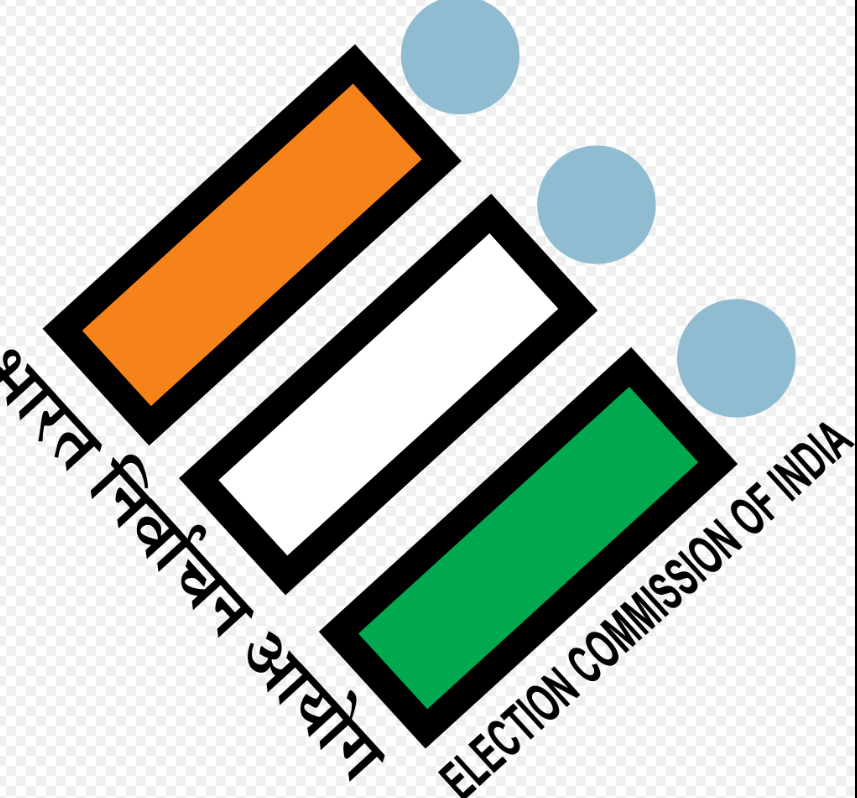The Election Commission of India is a body constitutionally empowered to conduct free and fair elections to the national, the State Legislative Assemblies, State Legislative Councils and the offices of the President and Vice-President.[3][12] The Election Commission operates under the powers granted by Article 324 of the Constitution and subsequently enacted Representation of the People Act.[13][14] The state election commissions are responsible for conducting local body elections in the respective states.[6] The election commission decides the dates for the filing of nominations, voting, counting and announcement of results.[15][16]
It issues a Model Code of Conduct for political parties and candidates to ensure that the elections are conducted in a free and fair manner.[17] The Code of Conduct was issued for the first time in 1971 for the 5th Lok Sabha elections and has revised it from time to time. It lays down guidelines for the conduct of political parties and candidates during an election period.[18] Instances of violation of the code by various political parties and misuse of official machinery by the candidates are dealt according to the law.[19]
A law for the registration process for political parties was enacted in 1989.[20] The registration ensures that the political parties are recognized as national, state and regional parties. The election commission has the right to allot symbols to the political parties depending on the status. The same symbol cannot be allocated to two political parties even if they do not contest in the region.[21]
The commission prepares electoral rolls and updates the voter list. To prevent electoral fraud, Electors Photo Identity Cards (EPIC) were introduced in 1993. However certain legal documents such as ration cards have been allowed for voting in certain situations.[22]
The commission is empowered to prohibit the dissemination or publication of voting trends that seek to influence voters by opinion polls or exit polls.[23][24][25]
The Election Commission is responsible for scrutinizing and accepting the applications of the candidates willing to contest in the elections. A person can be disqualified from contesting the elections if incorrect or incomplete information is provided in the affidavits and if he/she has been convicted by any court in India in which a jail term of two or more years has been awarded.[26] In 2017, the Election Commission supported the case for a lifetime ban on convicted felons from contesting elections in an affidavit filed in the Supreme Court.[27][28]
The Election Commission sets limits on poll related expenditure by the candidates during election campaigns. The commission appoints officers of Indian Revenue Service from the Income Tax Department as Election Observers.[29][30] The commission takes details of the candidate's assignment in an affidavit at the time of submitting the nomination paper, and they are also required to give details of their expenditure within 30 days of the declaration of results.[31]
The election commission operates various electronic media including websites and mobile applications for enabling various functions such as addressing grievances, checking electoral rolls, disseminating information on candidates, announcement of results and monitoring of assigned tasks.[32][3

